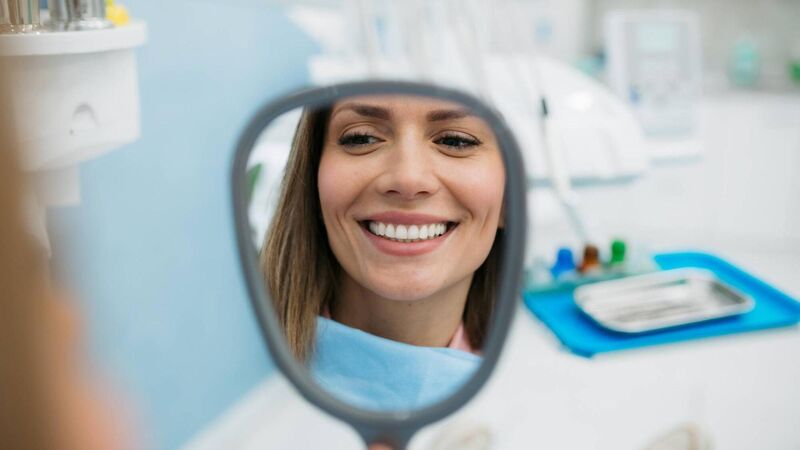Workplace Wellbeing: Does fortune smile on people with good teeth?

Pic: iStock
Fri, 26 Apr, 2024 - 02:00
Sharon Ní Chonchúir
Jazz singer Louis Armstrong may have been onto something when he sang, ‘When you’re smiling, the whole world smiles with you.’
Studies show that having a shiny set of pearly whites affects how people perceive you and could even affect your success in the workplace.
Already a subscriber? Sign in
You have reached your article limit.
Subscribe to access all of the Irish Examiner.
Annual €130 €80
Best value
Monthly €12€6 / month
Introductory offers for new customers. Annual billed once for first year. Renews at €130. Monthly initial discount (first 3 months) billed monthly, then €12 a month. Ts&Cs apply.
CONNECT WITH US TODAY
Be the first to know the latest news and updates











